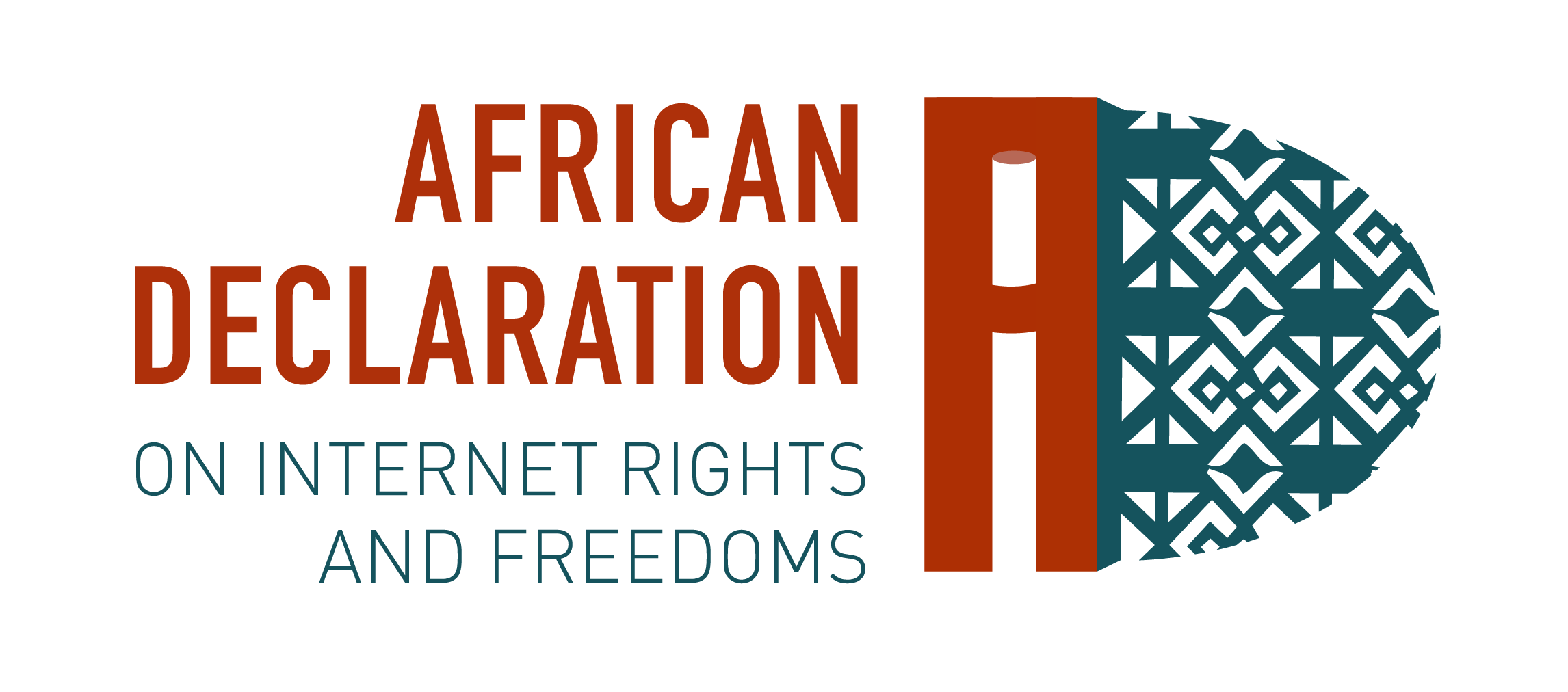The Sri Lankan government has capitalised on the COVID-19 pandemic to further its authoritarian agenda, using digital technologies to reinforce a climate of fear and censorship.
APC is looking for a Women’s Rights Policy Advocacy Coordinator to contribute towards ensuring that policy discussions and processes related to digital rights integrate the perspectives of women and people of diverse genders and sexualities. The deadline for applications is 15 August.
In Indonesia, the PeduliLindungi app has become synonymous with the COVID-19 pandemic. Yet it poses an unprecedented threat while leaving citizens with little recourse to protect their data. This article is part of the "Pandemic of Control" series by EngageMedia and CommonEdge.
Statement
OEWG: APC emphasises key role played by civil society in cybersecurity capacity buildingAPC's statement at the OEWG dedicated stakeholder session also notes that it is encouraging to see the inclusion of language connected with narrowing the digital divide and a growing number of states calling for a gender-sensitive approach to international cybersecurity.
Submission
OEWG third substantive session: Key messages from the Association for Progressive CommunicationsIn this submission to the third substantive session of the UN Open-Ended Working Group on the security of, and in the use of, information and communications technologies (OEWG), APC addresses some of the recommended next steps outlined in the draft progress report.
Statement
OEWG: APC stresses importance of a human rights-based and gender-sensitive approach to cybersecurityThese APC priorities were reiterated in a statement delivered at the informal dialogue with the Chair of the UN Open-ended Working Group on developments in the field of information and telecommunications in the context of international security (OEWG) 2021-2025.
Joint statement
HRC 50: Civil society presents key takeaways from Human Rights CouncilAPC and other civil society organisations from around the world share reflections on the key outcomes of the 50th session of the UN Human Rights Council, as well as the missed opportunities to address key issues and situations.
Issue briefs
At the interstice of digital rights and environmental justice: Four issue briefs to inform fundingThese issue briefs highlight potential priority areas for funding that would bring the work of digital rights organisations and environmental justice actors closer together, based on the need for the two groups to work more collaboratively given the global environmental and climate emergency.
Joint statement
Hold the Line Coalition demands immediate decriminalisation of libel in the Philippines as Maria Ressa faces extended jail sentenceAPC and other members of the Hold the Line Coalition condemn the Philippine Court of Appeals decision to uphold the conviction of Nobel Laureate Maria Ressa and former Rappler researcher Rey Santos Jr. on trumped-up charges of cyber libel.
Joint submission
Civil society calls on Indian government to withdraw amendments to IT RulesIn this submission, APC and other civil society groups call on the Indian Ministry of Electronics and IT to withdraw the amendments recently proposed to the country's IT Rules and to commence a process of consultation on the proposed amendments.
Joint statement
Shutdown order against Rappler must be revoked immediatelyAPC and other members of the Hold the Line Coalition condemn the shutdown order against Maria Ressa's Rappler media group, approved by the Philippine Securities and Exchange Commission this week.
Imagine you are in the middle of the Amazon rain forest. There is no mobile coverage or internet access. The long distances and rugged landscapes make communication highly challenging. These communities are precisely the ones Rhizomatica aims to support when building new technologies that connect people.
This article by APC founder Carlos Afonso, now the director of Brazilian APC member Nupef, is both a tribute to recently deceased Brazilian internet pioneer Tadao Takahashi and a fascinating glimpse into some key chapters in the early history (and prehistory) of APC.
Internet user growth is slowing and varied attempts to address the problem of access – through traditional telecom models, private sector initiatives, state-led measures, philanthropy – have met with limited success. We must rethink how networks are built, owned, operated and utilised, and empowering local communities is key to this.



























